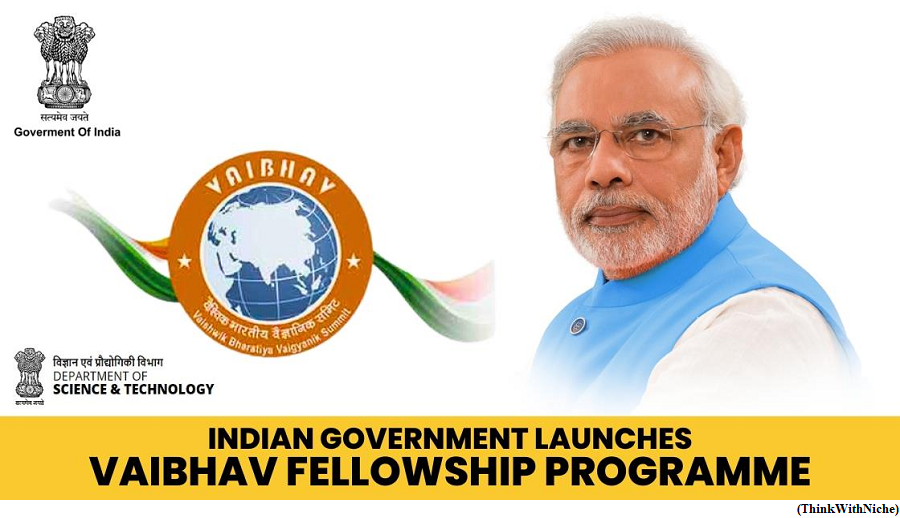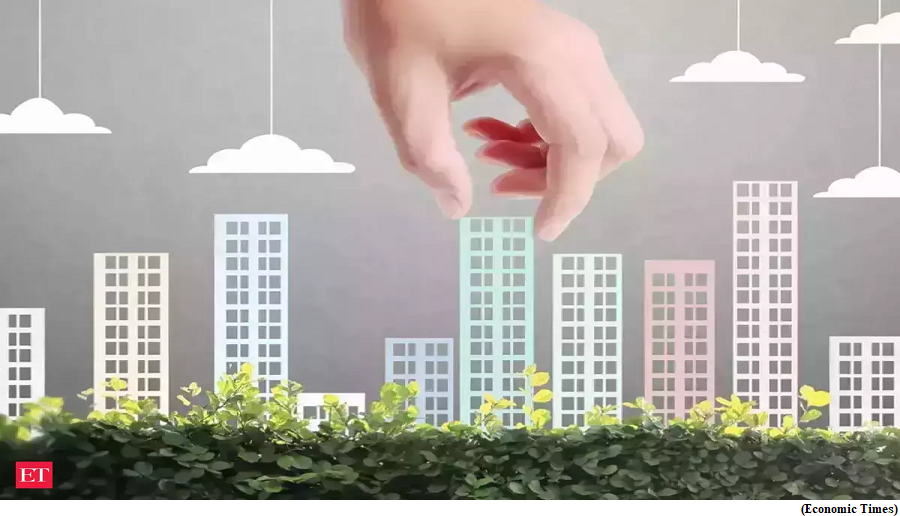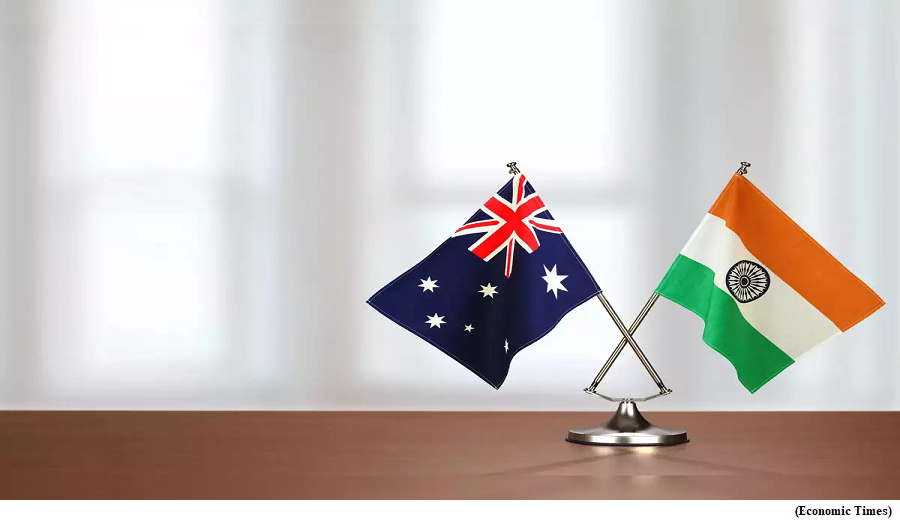VAIBHAV Fellowship Programme (GS Paper 2, International Relation)

Why in news?
- The Government has launched a new fellowship programme to connect the Indian STEMM diaspora with Indian academic and R&D institutions for collaborative research work leading to sharing of knowledge, wisdom, and best practices in the frontier areas of science & technology.
Key Highlights:
- The fellowship programme launched as a step to further those efforts by shaping and implementing the VAIBHAV programme, envisages collaboration between scientists of Indian Diaspora with Indian Higher Educational Institutions (HEIs), Universities, and/ or public funded Scientific Institutions.
- The VAIBHAV Fellow would identify an Indian Institution for collaboration and may spend up to two months in a year for a maximum of 3 years.
- Fellowship would include fellowship grant (INR 4,00,000 per month), international and domestic travel, accommodation and contingencies.
Implementation:
- The Vaishvik Bhartiya Vaigyanik (VAIBHAV) fellowships programme to be implemented by the Department of Science and Technology (DST), Ministry of Science and Technology, would be awarded to outstanding scientist/technologists of Indian origin (NRI/OCI/PIO) who are engaged in research activities in their respective countries.
- The 75 selected fellows would be invited to work in 18 identified knowledge verticals including quantum technology, health, pharma, electronics, agriculture, energy, computer sciences, and material sciences amongst others.
VAIBHAV Summit:
- The Government of India had organized the VAIBHAV Summit to connect Indian STEMM diaspora with Indian Institutions which was inaugurated by the Prime Minister and saw the participation of more than 25,000 attendees.
- Indian STEMM diaspora from more than 70 countries participated in the deliberations.
Way Forward:
- The VAIBHAV fellows are expected to collaborate with their Indian counterparts and help initiate research activities in the host institution in the cutting-edge areas of Science and Technology.
India tops globally in LEED Zero certifications of green building projects
(GS Paper 3, Environment)
Why in news?
- India ranks first globally in LEED Zero certified green building projects surpassing the US and China.
- In India, realty firm DLF and FMCG player ITC are leading in the LEED Zero green certification initiative.

Key Highlights:
- The US Green Building Council (USGBC) and Green Business Certification Inc (GBCI) said that India has become a global leader in LEED Zero certifications, outperforming both the US and China.
- India has 73 LEED Zero certified projects, comprising 45 per cent of the more than 150 total LEED Zero certifications.
- Haryana and Tamil Nadu are leading the way in certifications.
- The US and China have the second and third most LEED Zero certifications, with 47 (30 per cent) and 15 (10 per cent) certifications, respectively.
Observations about India:
- India-based real estate developer DLF is the leader globally in total LEED Zero certifications with 45 certifications, followed by ITC Group with 15 certifications.
- While the private sector is helping India make strides in net zero certifications, nearly one-third of all carbon emissions in India come from the building and construction sector.
- The achievement is also in line with India's ambitious target of achieving net zero GHG emissions by 2070.
LEED Zero projects:
- LEED Zero recognises projects that have reached net zero or net positive status in the categories of carbon, energy, water, or waste.
- The LEED Zero projects, including office spaces, hospitality facilities, retail malls, industrial manufacturing projects, and data centres, serve a mix of sectors.
- To date, there are more than 35 million certified square feet of LEED Zero projects.
- USGBC works toward its mission of market transformation through its LEED green building programme, besides other activities.
- Established in 2008, GBCI exclusively administers project certifications and professional credentials and certificates within the framework of the USGBC's Leadership in Energy and Environmental Design (LEED) green building rating systems. It also manages other certifications.
India, Australia add 15 new areas for talks on comprehensive trade deal
(GS Paper 2, International Relation)
Why in news?
- Collaboration in space, mining and sports are among 15 new areas mutually identified by India and Australia for negotiations under the comprehensive free trade agreement.
- For the first time, these new segments would become part of a trade pact being negotiated by India.

Key Highlights:
- India and Australia have already implemented an interim trade pact in December last year and now negotiations are underway to expand the base of that pact for a CECA.
- In addition to five areas committed and which will be taken up under CECA, there are 15 new areas where mutual interest has been shown by both sides.
- Some of these are very new areas like space and sports, which we have not done (earlier) in any FTA (free trade agreement) till now. These are under discussion and we will see how it evolves. These areas may also include mining and defence collaboration.
IPEF:
- India has observer status in Indo-Pacific Economic Framework for Prosperity (IPEF), on the trade pillar and it is observing the developments very closely.
- IPEF was launched jointly by the US and other partner countries of the Indo-Pacific region on May 23, 2022 in Tokyo.
- The framework is structured around four pillars relating to trade, supply chains, clean economy and fair economy (issues like tax and anti-corruption). India has joined all the pillars except the trade one.
- Australia, Brunei Darussalam, Fiji, India, Indonesia, Japan, Republic of Korea, Malaysia, New Zealand, Philippines, Singapore, Thailand, the US and Vietnam are members of the bloc.
- Members of the 14-nation bloc IPEF have 'substantially' concluded the negotiations on the supply chains agreement.
- All the member countries are taking internal approvals on this agreement so that it can be operationalised latest by October.




